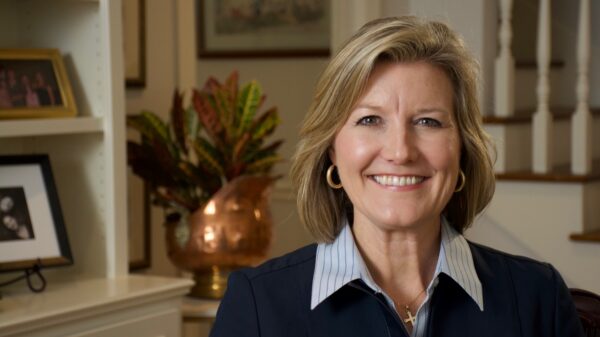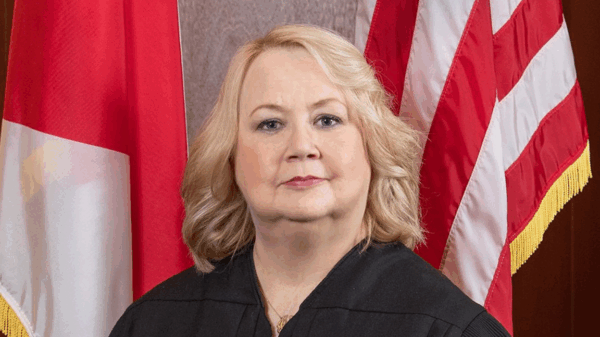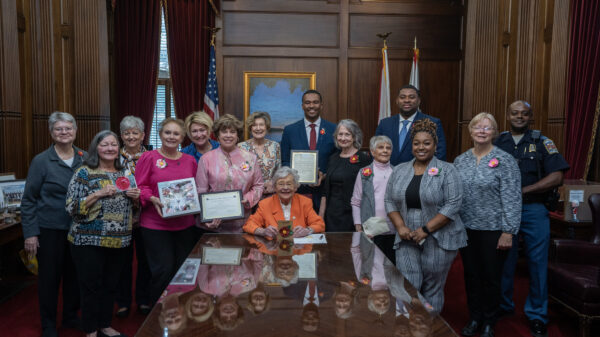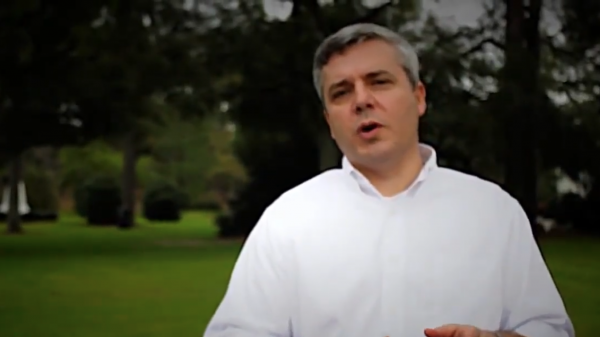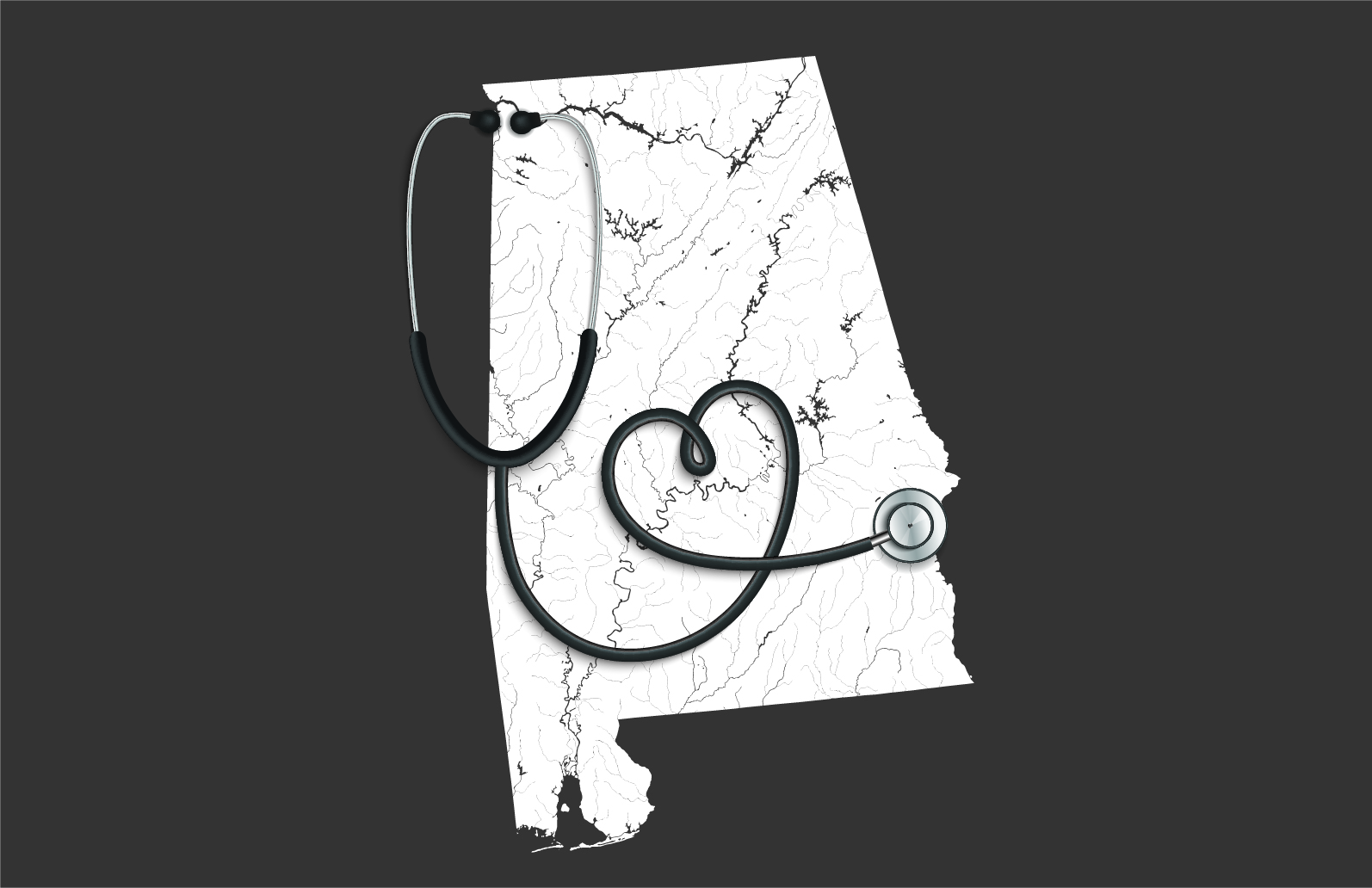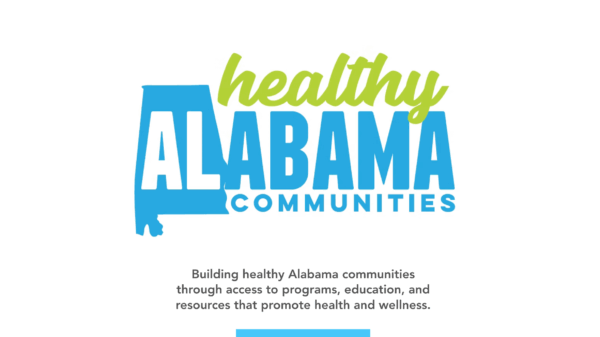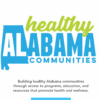On Oct. 1, 2021, Governor Kay Ivey announced that 400 million dollars of federal COVID relief funds would be allocated to building new prisons in Alabama. This policy ignores the fact that the U.S. Department of the Treasury stated that the federal relief funds were specifically designed to respond to the COVID-19 emergency and to bring back jobs in the state.
Yes, Alabama is under a federal order to fix the prison system. No, COVID-19 emergency funds may not be used to build new prisons. The COVID-19 windfall is just the most recent example of how Alabama uses federal money for unrelated purposes at the expense of the well-being of people in our area.
Why was the funding switch wrong for Alabama?
For one, the state has among the highest death rates in the United States, not only from COVID-19 but from chronic illnesses associated with poverty, failing health infrastructure, and lack of health care. Rural hospitals have closed (and many more are at risk of closing), working adults have been denied Medicaid expansion, and health disparities have widened during the pandemic.
The allocated COVID money should have been used to relieve a chronically underfunded health system and improve access to health care, particularly in rural areas where health clinics are sparse and COVID-19 rates are high. Recovery demands a better response than propping up a prison system with federal rescue dollars meant to get people back on their feet after the worst pandemic in 100 years.
History repeats itself in how the state inappropriately uses federal money.
Alabama currently receives $289 million from the U.S. Department of the Treasury through the tobacco settlement of 1998 and state tobacco taxes, little of which goes for prevention to address above-average smoking rates in our state. The American Lung Association gives Alabama a grade of “F” for its failure to fund anti-smoking programs and to address vaping among young people.
In 2010, the U.S. Department of the Treasury gave Alabama $1.3 billion to compensate for damage from BP’s massive oil spill in the Gulf of Mexico. The payout was meant to repair environmental damage, improve conservation, and protect the ecosystem. Gov. Robert Bentley had different ideas. He sought money for a conference center in Baldwin County, and used part of the settlement to repair his beach mansion and a beach lodge that had ceased to exist prior to the oil spill. None of this work involved conservation, infrastructure repairs or protection of Alabama’s damaged shoreline for the future.
Alabama’s disregard for the health and well-being of its citizens is longstanding. In the mid- to late 20th Century, the infamous Tuskegee syphilis study took place in Macon County with the full support of the state department of public health. African Americans were deeply affected by this deadly experiment.
What has improved since then? Alabama still shortchanges the promotion of citizen health, with unequal results especially among African Americans in rural areas of the state.
In the latest example, the civil rights division of the U.S. Department of Justice was compelled to investigate a surge in hookworms and other parasites arising from raw sewage in Lowndes County. The county does not provide sewerage to unincorporated areas. COVID-19 is the most recent health crisis to reveal racial disadvantage among a population whose lagging indicators place them at higher risk of illness and death.
As members of Communivax Alabama, we call on the state to restore full COVID-19 funding to where it belongs — the health needs of Alabamians. We have witnessed how citizens face barriers in getting tested and vaccinated in rural Alabama.
In responding to this need, many local leaders have worked hard to promote testing and vaccination for COVID-19 and to improve access to health care in their areas. We have sought to facilitate these activities by bringing local groups together for a common purpose.
Some business leaders have stepped up to the challenge and offered vaccine clinics at their workplace. This is not the time for budget diversion by our state government, but time for a joint effort to stop the epidemic in its tracks. Federal money for COVID-19 was designated to promote the health and well-being of our people. That’s where it belongs.




